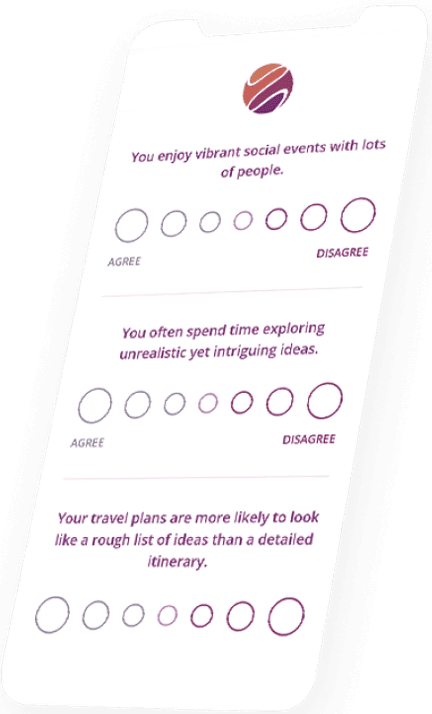
Our aversion to a ‘return to normal’ goes beyond just the office. Here’s why
May 17, 2021
March 18, 2021 More than 50% of employees don’t want to return to office life, according to a recent Pew study. But while it may be easy not to miss rush-hour commutes and ice-cold conference rooms, many have also formed an aversion to formerly enjoyable social pastimes they now just can’t imagine going back to.…
Read More

Are we getting weirder? Perhaps we’re simply becoming ourselves
February 3, 2021
Whether it’s a newfound disdain for modern appliances or a kindred connection with songs about baked goods, people’s eccentricities seem to be leaking out of our pores. Is it possible that our brains have moved from panic to boredom to just plain weirdness the past 10 months since Covid-19 upended our normal lives?
Read More

COVID-19 fears turning NYC playgrounds into war zones
October 27, 2020
Lauren Conlin has seen her share of pandemic playground drama. Once, another mom yelled at her for briefly pulling her mask down so she could sip her iced coffee. “I was about 8 feet away and she said, ‘Ma’am, can you pull your mask up? Like, there’s a reason we wear these,’ ” Conlin, a celebrity correspondent and host of the “Red Carpet Rendezvous” podcast, told The Post. “I didn’t say anything back, but [internally] I was like, ‘Chill, Karen, I’m nowhere near you!’ ”
Read More

Ways To Mentally Cope With The Coronavirus
August 26, 2020
Tips from Clinical Psychologist Dr. Judith Zackson you might find helpful while social distancing, quarantining, and self-isolating during the coronavirus. “A pandemic or any other kind of trauma is a wake-up call that invites us to consider what is most important to us. Many of us are realizing how much we valued the opportunity to…
Read More












